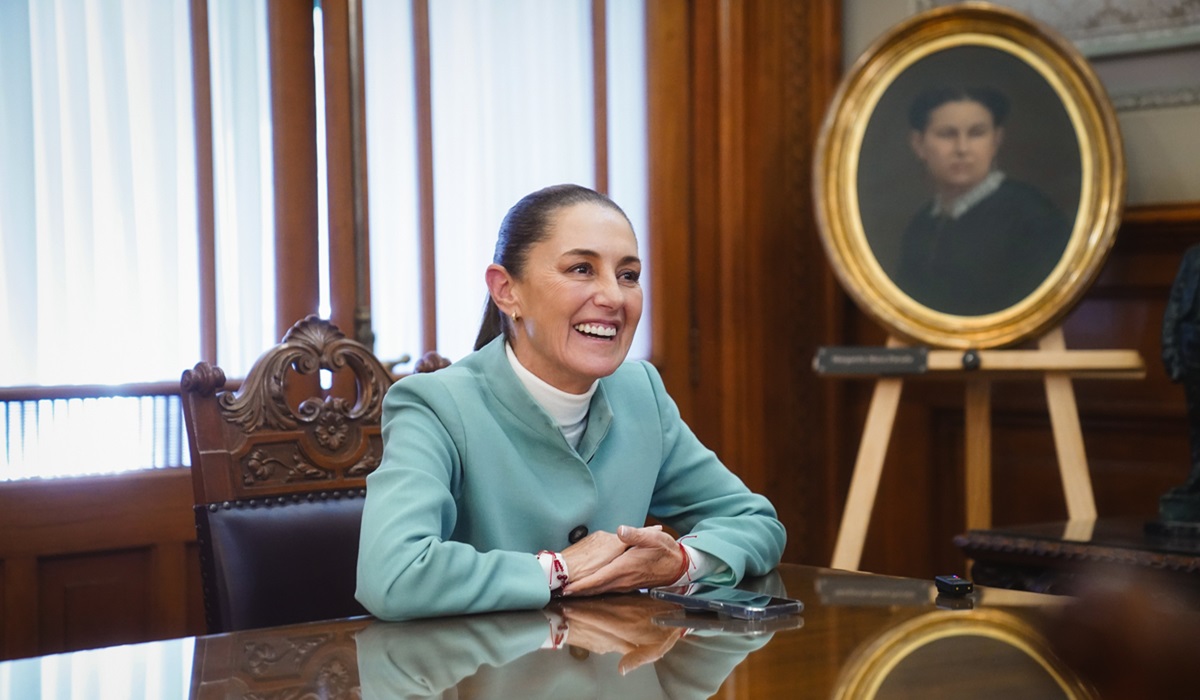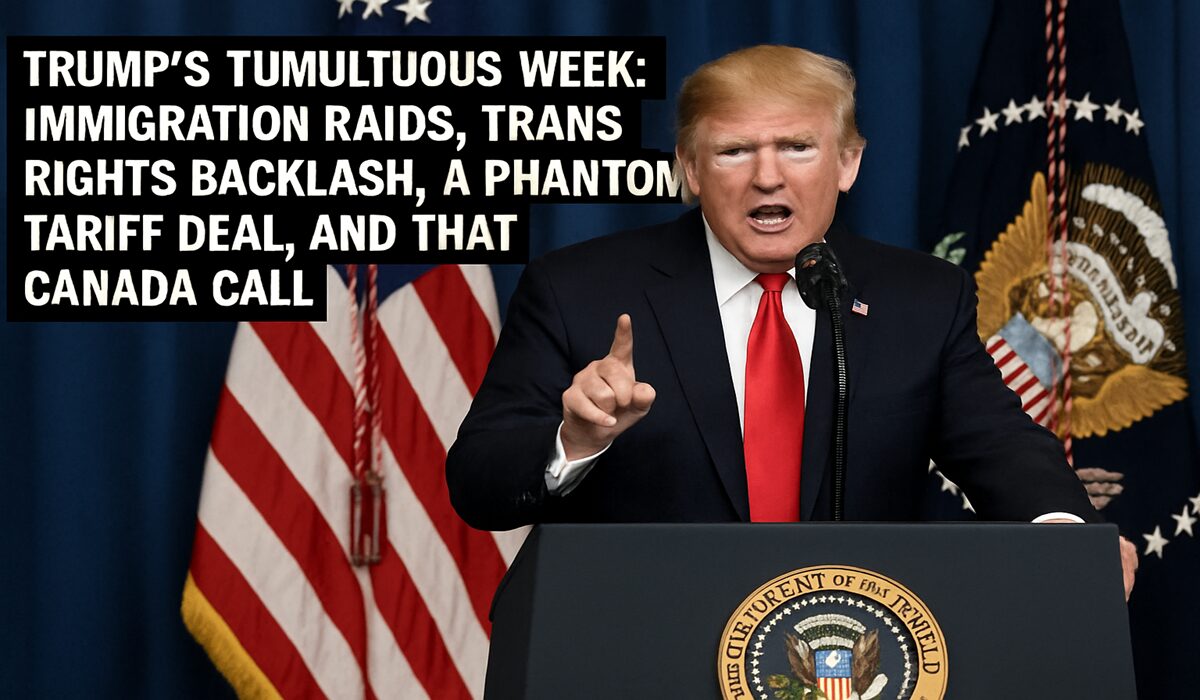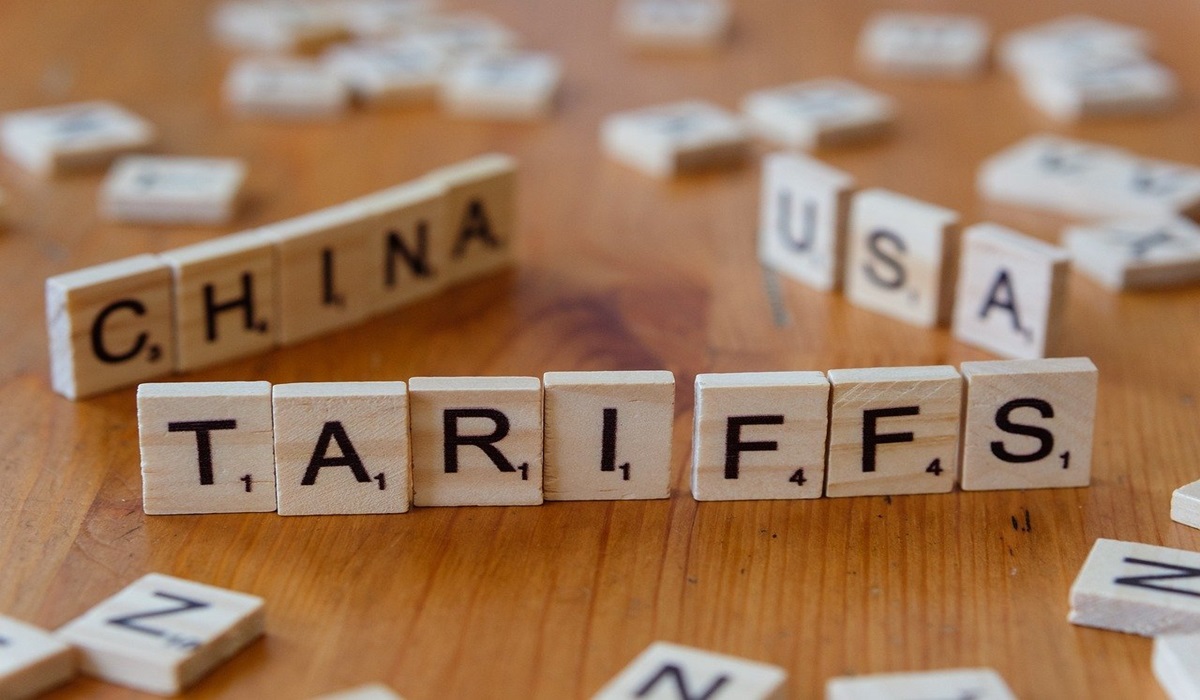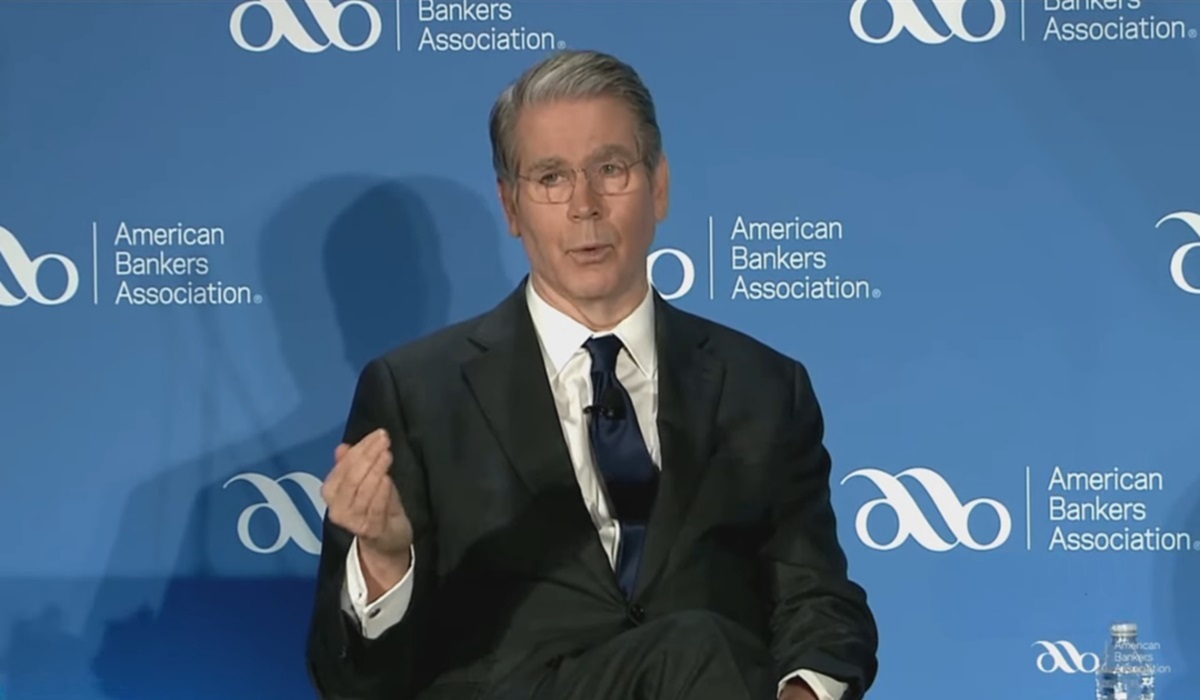Image Credit, Gov. Mexico Social Media
President Claudia Sheinbaum Pardo has delivered a pointed and assertive response to President-elect Donald Trump’s announcement of a 25% tariff on Mexican and Canadian goods, a measure he vowed to implement on his first day in office. Her strongly worded letter signaled not just resistance but a readiness to counter any economic aggression in kind, contrasting sharply with the Canadian Prime Minister’s cautious “wait-and-see” approach.
Sheinbaum Pardo’s message underscored her leadership style, which blends pragmatism with firm resolve. She highlighted her administration’s achievements in reducing migration pressures at the U.S. southern border, noting a 75% drop in border encounters since late 2023. She attributed this success to a comprehensive policy designed to assist migrants while maintaining order and legality, a strategy she said benefits both nations. Moreover, Sheinbaum called for a collaborative approach to labor mobility and development, suggesting that redirecting even a fraction of U.S. war expenditures toward peacebuilding could address the root causes of migration.
Turning to the fentanyl crisis, Sheinbaum acknowledged the humanitarian toll it takes on American communities but emphasized shared responsibility. She detailed efforts by her country’s authorities to seize drugs, firearms, and apprehend traffickers, while also moving to enact stricter laws on synthetic drug production. However, she highlighted a critical flaw in the global supply chain, pointing out that the chemical precursors often originate in Asia and pass through Canada and the United States before reaching Mexican labs. Sheinbaum urged international cooperation to disrupt this flow and reduce the epidemic’s deadly impact.
In a striking pivot, Sheinbaum redirected blame for cross-border violence, pointing to the illegal trafficking of firearms into her country from the United States. Citing statistics showing that 70% of confiscated weapons in her nation originate north of the border, she underscored the need for greater accountability and cooperation to curb the deadly trade.
The letter’s tone shifted dramatically when addressing Trump’s tariff threats. Sheinbaum did not mince words, warning that her government would impose reciprocal measures that could jeopardize shared economic interests. She referenced the deep economic integration between the two countries, particularly in industries like automotive manufacturing, where companies such as General Motors, Stellantis, and Ford have long relied on binational operations. She argued that tariffs would harm both nations’ economies, fueling inflation and threatening jobs on both sides of the border.
While Sheinbaum called for dialogue and mutual understanding, her letter left no doubt that she would not back down from defending her country’s sovereignty or economic interests. She framed North America’s strength as a global economic force as dependent on maintaining unity and cooperation, but she also made it clear that unilateral threats would not go unanswered.
This firm stance represents a departure from past leadership strategies and establishes Sheinbaum Pardo as a formidable counterpart to Trump. Her ability to articulate her nation’s concerns while emphasizing shared solutions suggests a willingness to challenge traditional power dynamics in diplomatic negotiations. As Trump prepares to assume office, it is clear that dealing with Sheinbaum will require more than bluster—it will demand a genuine willingness to collaborate, compromise, and respect the shared interests of the region.









